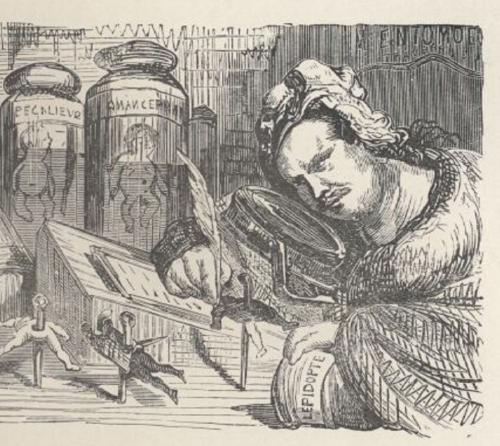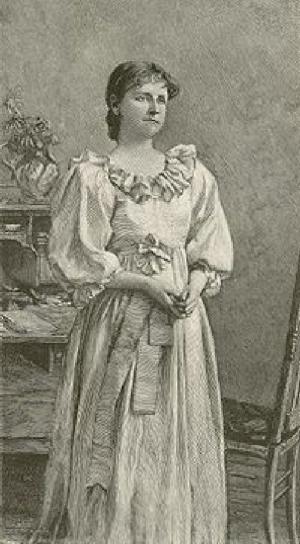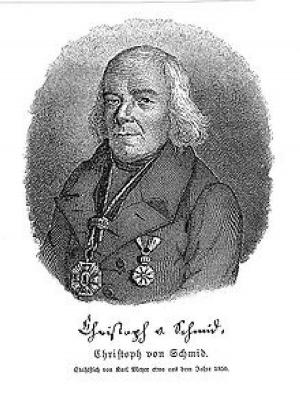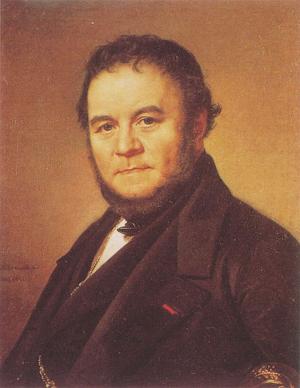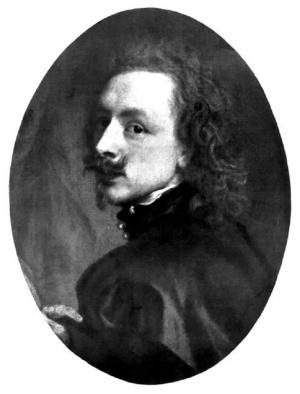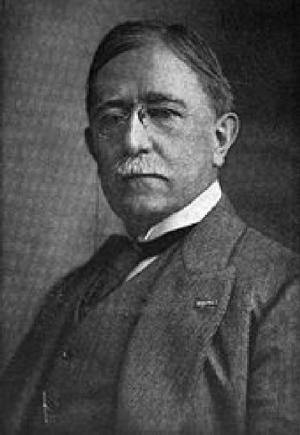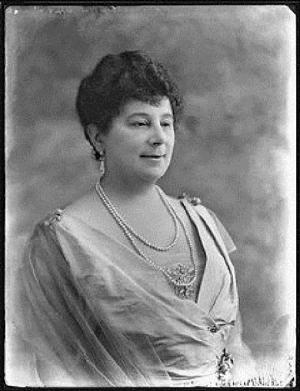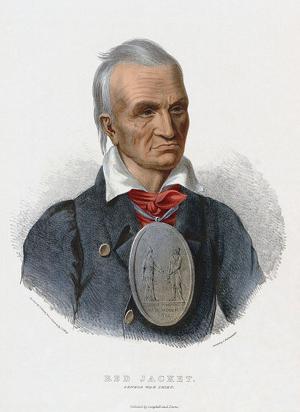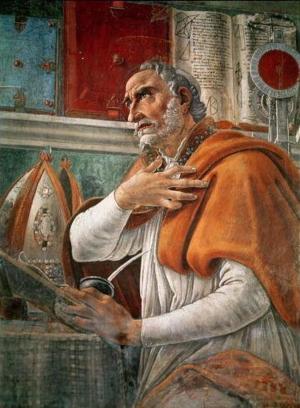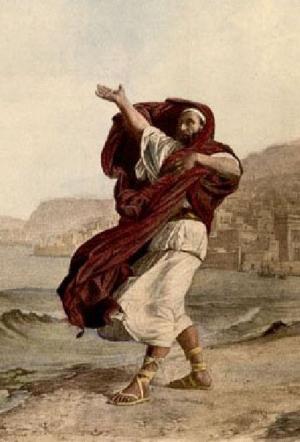Five Books of the Lives, Heroic Deeds, and Sayings of Gargantua and His Son Pantagruel (Illustrated)
Fiction & Literature, Classics| Author: | Francois Rabelais | ISBN: | 9781455446407 |
| Publisher: | B&R Samizdat Express | Publication: | December 15, 2009 |
| Imprint: | Language: | English |
| Author: | Francois Rabelais |
| ISBN: | 9781455446407 |
| Publisher: | B&R Samizdat Express |
| Publication: | December 15, 2009 |
| Imprint: | |
| Language: | English |
All five volumes. Illustrated with engravings by Gustave Dore. According to Wikipedia: "The Life of Gargantua and of Pantagruel (French: La vie de Gargantua et de Pantagruel) is a pentalogy of novels written in the 16th century by François Rabelais, which tells of the adventures of two giants, Gargantua (pronounced: [ɡaʁ.ɡɑ̃.ty.a]) and his son Pantagruel ([pɑ̃.ta.ɡʁy.ɛl]). The text is written in an amusing, extravagant, and satirical vein, and features much crudity, scatological humor, and violence (lists of explicit or vulgar insults fill several chapters). The censors of the Collège de la Sorbonne stigmatized it as obscene, and in a social climate of increasing religious oppression, it was treated with suspicion, and contemporaries avoided mentioning it. According to Rabelais, the philosophy of his giant Pantagruel, "Pantagruelism", is rooted in "a certain gaiety of mind pickled in the scorn of fortuitous things" (French: une certaine gaîté d'esprit confite dans le mépris des choses fortuites). Rabelais had studied Ancient Greek and he applied it in inventing hundreds of new words in the text, some of which became part of the French language. Wordplay and risque humor abound in his writing... Paul Gustave Doré (January 6, 1832 January 23, 1883) was a French artist, printmaker, illustrator and sculptor. Doré worked primarily with wood engraving."
All five volumes. Illustrated with engravings by Gustave Dore. According to Wikipedia: "The Life of Gargantua and of Pantagruel (French: La vie de Gargantua et de Pantagruel) is a pentalogy of novels written in the 16th century by François Rabelais, which tells of the adventures of two giants, Gargantua (pronounced: [ɡaʁ.ɡɑ̃.ty.a]) and his son Pantagruel ([pɑ̃.ta.ɡʁy.ɛl]). The text is written in an amusing, extravagant, and satirical vein, and features much crudity, scatological humor, and violence (lists of explicit or vulgar insults fill several chapters). The censors of the Collège de la Sorbonne stigmatized it as obscene, and in a social climate of increasing religious oppression, it was treated with suspicion, and contemporaries avoided mentioning it. According to Rabelais, the philosophy of his giant Pantagruel, "Pantagruelism", is rooted in "a certain gaiety of mind pickled in the scorn of fortuitous things" (French: une certaine gaîté d'esprit confite dans le mépris des choses fortuites). Rabelais had studied Ancient Greek and he applied it in inventing hundreds of new words in the text, some of which became part of the French language. Wordplay and risque humor abound in his writing... Paul Gustave Doré (January 6, 1832 January 23, 1883) was a French artist, printmaker, illustrator and sculptor. Doré worked primarily with wood engraving."
